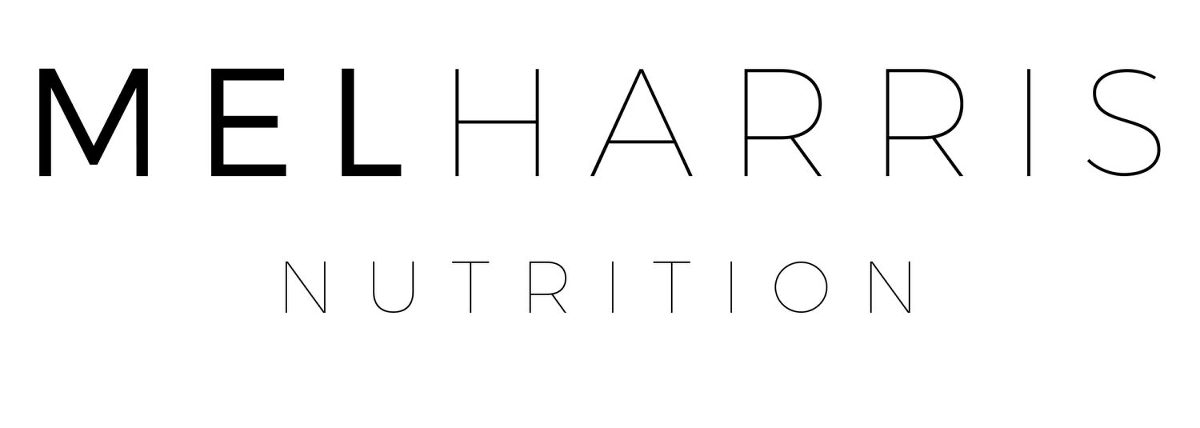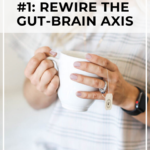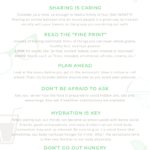Part 1: Rewiring the Gut-Brain Axis to Reduce Stress and Improve Health
.jpg)
Been so focused on the perfect diet since Jan. 1 (and sure, you lost some weight), but the needle isn’t moving the way you want?
Your energy blows, you dread the gym, your skin looks terrible, and you are feeling simply overwhelmed…you want to start hitting your goals, but you can’t keep up at this pace.
WELL, maybe, just maybe, you have a few missing pieces to the puzzle.
Here are some pieces you might not be thinking about (yet).
Your BRAIN has a major impact on your GUT.
We often fall victim to the idea that we are “doing good” or “living a better life” when we are constantly on the go.
BUT…
Our brains and bodies are not designed to run at a super busy, super fast pace. The body becomes fatigued and that raises our stress levels, decreases our immune response, and alters our gut microbiome.
Several studies have compared the common dietary approach for IBS, low-FODMAP, head to head with non-dietary approaches targeting the gut-brain axis (Rossi 2006). Here’s what the studies show: non-diet interventions improve your gut symptoms to the SAME degree as the dietary interventions. Meaning: diet isn’t your only approach. In fact, it doesn’t have to be your approach AT ALL.
Let that sink in…one approach solely focuses on foods; the other, only on your gut-brain axis. The result? The SAME outcome (it is worthy to note that dietary interventions do work faster).
Non-diet approaches can include cognitive behavioral therapy (CBT), relaxation techniques, hypnotherapy, and yoga. Some of these approaches may be more relatable than others, so let’s look at it from a high level…
STRESS MATTERS TO YOUR HEALTH.
The non-diet approach focuses on the root cause, miscommunication between the gut-brain via the vagus nerve (this is the part in your nervous system that acts as the communication hot-line between your brain and gut, and every other organ in between). Your breathing, heart rate, immune system response and digestion are all tied to this one tiny nerve.
Try these exercises to help RESET your gut-brain axis:
To start, find a quiet space, alone, and DO NOTHING. Yep, absolutely nothing. While sitting there quietly, take a few minutes to check in with yourself. Ask yourself these questions (and I mean literally, ask yourself):
- How does my body feel? (Are your shoulders or neck tight? Is your breathing deep or shallow?)
- What mood am I in? (Are you tired? Relaxed? Anxious? Do you feel guilty for wasting time?)
- What’s happening in my mind today? (Are you thinking about your to-do list? Are you counting down the minutes before you can get up again? Maybe other thoughts come to mind.)
Oftentimes, getting alone time with your thoughts is hard. We always hold ourselves to a higher standard than anyone else. If you find yourself drawn to judgemental thoughts, challenge it; imagine you are hearing your own thoughts/story from a friend. Respond to yourself with kindness and balanced thoughts — as you would do for that friend. In this way, you will direct more supportive thoughts to yourself. Remember to give yourself grace and gratitude.
This weekend, tune in to my Instagram page & stories @melharrisnutrition to get more advice about how to de-stress and improve your health by re-setting your gut-brain axis. Have a great tip on how to destress? Share it by tagging me & I might feature you in my stories!
Reference
Rossi, M. (2006) Eat Yourself Healthy: An Easy-to-digest Guide to Health and Happiness from the Inside Out.















